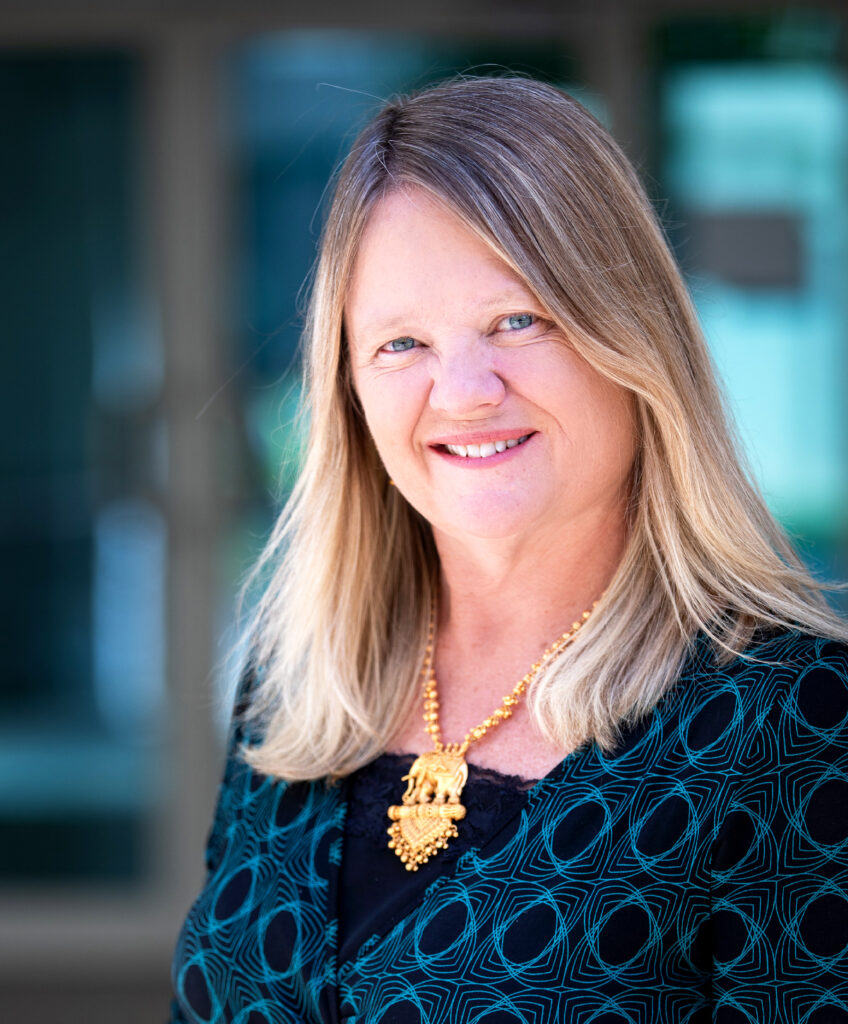Managerial Experience: Is It Essential to Have Before Applying for an Executive MBA?
Embarking on an Executive MBA (EMBA) program is an excellent way for working professionals to accelerate their career progression. Many professionals feel they have reached the pinnacle of success in their specialised area and leverage an Executive MBA degree to broaden their skill set and strategic outlook into leadership roles. Other experienced professionals may already be on a trajectory toward senior management and use the knowledge and skills gained to fast-track their career progress.
An EMBA is specifically designed to meet the needs of these career-minded professionals, and therefore, applicants require several years of work experience to gain admission. While non-managerial experience is also valuable, experience in managing people, interacting with customers, and making strategic decisions is preferred. Typical EMBA students will have 10-15 years of work experience, including several years at a management level.
The classroom experience utilises this amount of experience in several ways. Professors will encourage students to share relevant examples from the work environment with their peers. This enables participants to see how theories are applied in realistic settings, use models to address workplace challenges, and illustrate applications in various industry settings. This provides instant opportunities to apply classroom learning to enhance workplace performance and make an impact.
An experienced group of professionals participating in classroom discussions ensures that the knowledge addresses contemporary issues. Rather than focusing solely on textbooks, the learning is based on what is happening in the dynamic world of work. Topics in today’s news can be debated amongst seasoned experts to deepen learning and provide new insights.
EMBA cohorts are typically composed of professionals from diverse industries, nationalities and educational backgrounds, adding unique perspectives to the conversation and allowing for new ways of seeing things and new approaches to problem-solving. The years of work experience often straddle various geographic regions, providing an essential multi-cultural view of business issues.
Another benefit of an EMBA program is the opportunity to form a powerful network with fellow classmates, alumni, faculty, and industry professionals. Managerial experience can enhance candidates’ credibility within these networks and facilitate meaningful connections and collaborations. Often, the established contacts and brand loyalty to the institution created will provide ongoing value throughout the graduates’ careers.
A key aspect of an EMBA program is project work. Students are challenged to apply their learning in action-based research projects that seek to solve authentic workplace issues or devise strategies to address potential opportunities. Some projects are narrow in focus and provide an immediate impact, whereas others may involve 3-4 months of intense research followed by a strategic implementation plan. In both cases, managerial experience helps the students to identify relevant projects, gather information from the most suitable sources and recommend insightful solutions to make meaningful changes. Applying theory in a practical setting ensures deeper understanding for the students while providing significant value to their employers.
Many EMBA programs offer soft-skill enhancement workshops for their students to improve public speaking skills, enhance technical skills, explore career goals, set strategic career paths, and gain inspiration from corporate role models. Experienced students can build on their existing skills and experiences to elevate their career success.
Keeping the above in mind, admission criteria do vary among EMBA programs, and some flexibility may be possible for applicants with very relevant qualifications or exceptional potential. EMBA programs offer outstanding educational opportunities to enhance and accelerate the career paths for working professionals.
ABOUT THE AUTHOR

Dr Monica Gallant is a qualified Chartered Accountant from Canada with a Master’s degree in Education Technology and a Doctorate in Education. She has worked in the education sector in Dubai for more than 27 years. She has been employed full-time at SP Jain School of Global Management for the past 5 years, most recently as a Professor of Accounting and an Assistant Dean of the EMBA program.
She is a certified mentor, certified trainer for Intercultural Intelligence and Personality Dimensions, and a qualified site evaluator and mentor for the Accreditation Council of Business Schools and Programs (ACBSP). She has won an SP Jain Professor of the Year award, a Global Teaching Excellence Award and a Research Excellence award.

